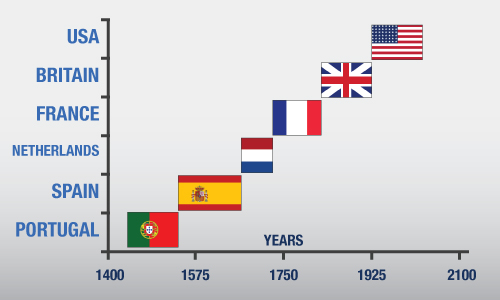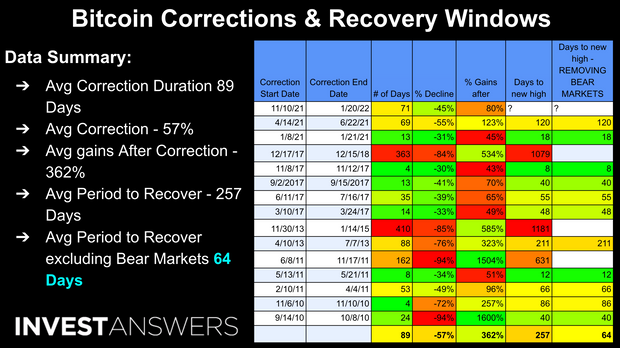There is a basis for gold as a safe asset and store of value. It’s rooted in over a thousand years of warfare and invasion across Europe, where there was a real possibility of being dislocated without warning. Having some wealth that was easy to hide, transport, store and use was part of survival.
Gold as an inflation hedge is not an easy case to make. In fact, over time, there are really two hedges against inflation. One is rent producing land, the other equities. Land has hundreds of years of history documenting its value, and the inflation protection is derived from rent or productive agricultural use, which grows over time. Equities are a more recent phenomenon, with a financial history limited to this past century. They do protect against inflation, but only over longer periods of time, also because of the continuous increase in productivity and output.
Crypto currency as a hedge against inflation is a thesis, an assertion based on an assumption. To choose a period of time and call the change in price proof of anything is just data mining. We all know past performance does not predict future performance. There needs to be an underlying mechanism, like there is in land (productive use) or equities (value add economic activity).
There is none with crypto assets. They generate no economic activity. They promise scarcity, but because crypto assets can be created out of nothing, there’s no reason to believe any will have a future value. They are infinitely abundant.


